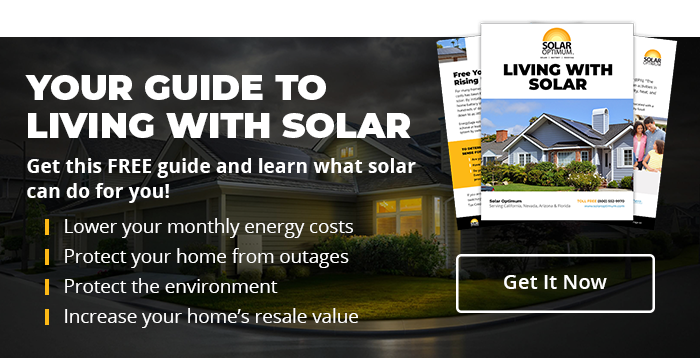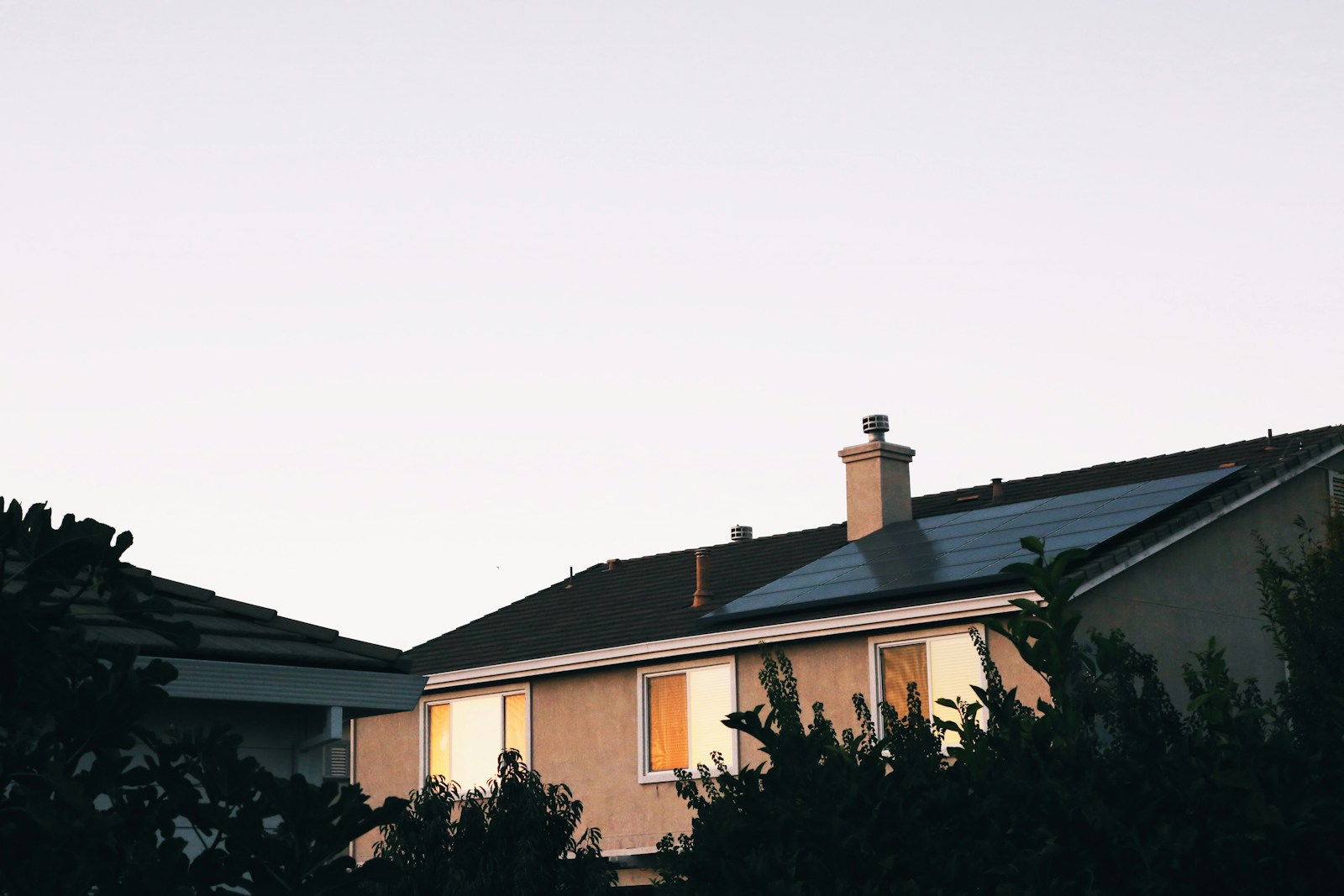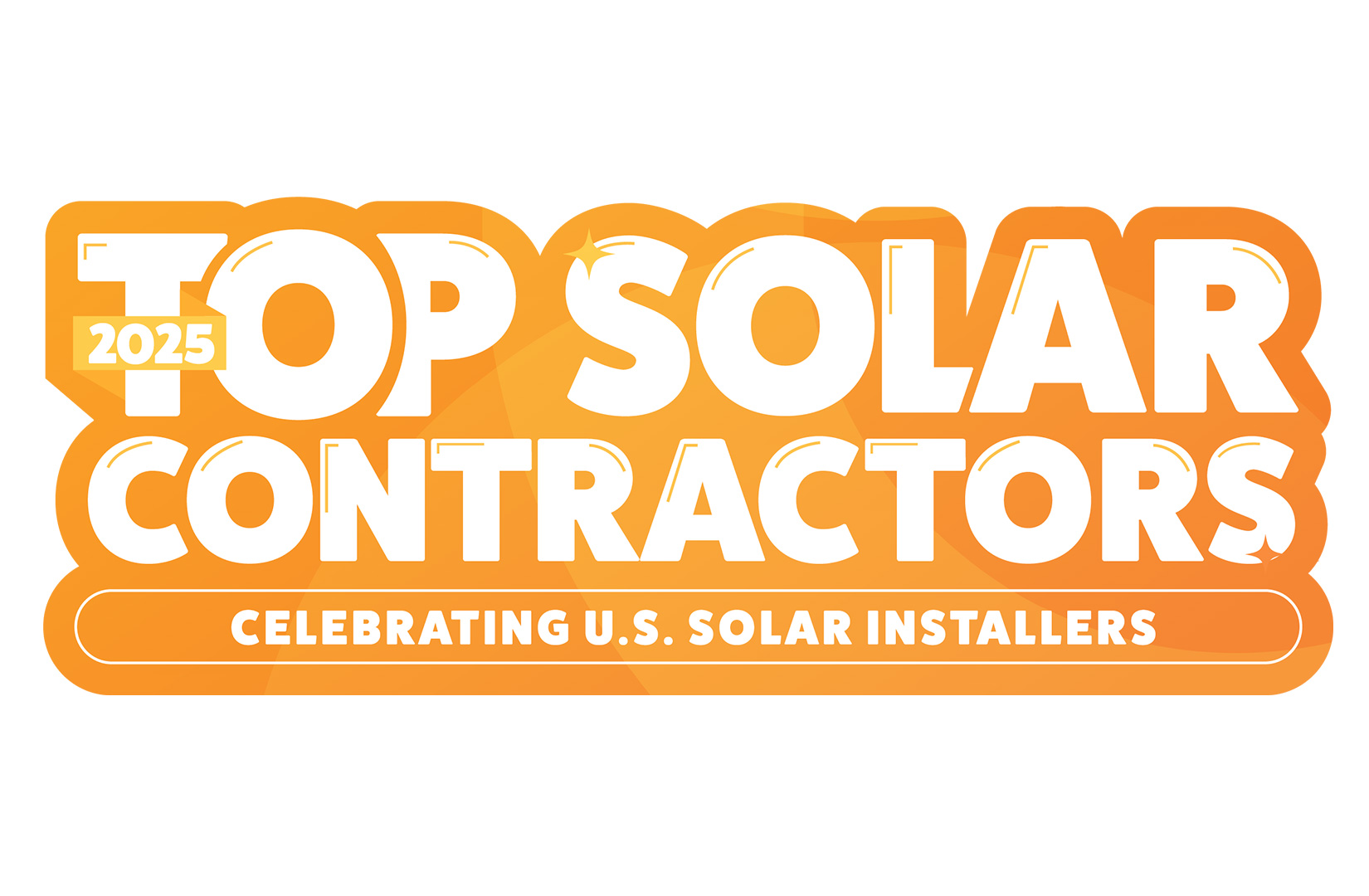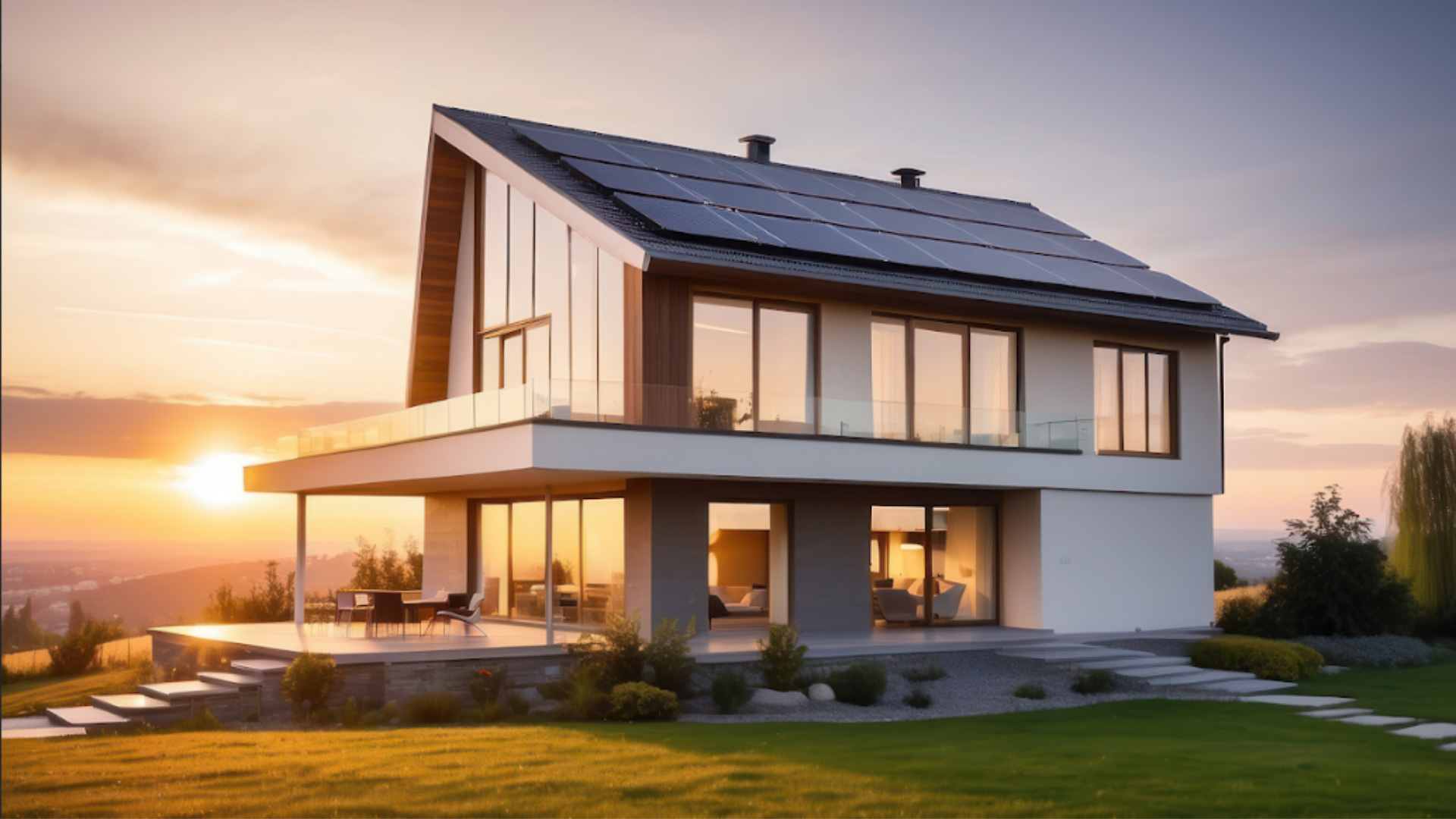Installing solar panels is an exciting step toward a more sustainable and energy-efficient home. If you’re considering making the switch in Scottsdale, Arizona, you’re in the right place. With plenty of sunshine year-round, Scottsdale is an excellent location for solar energy. However, before you move forward with installation, there are a few important factors to think about to make sure that your solar investment is worthwhile. Here are three key things to check before installing solar panels in your Scottsdale home.
1. Assess Your Roof’s Condition and Suitability
One of the first things you need to evaluate is the condition and type of roof on your home. Solar panels are a long-term investment, and installing them on a roof that needs repairs or replacement soon can lead to additional costs down the line. Before installing panels, check that your roof is in good condition and can handle the weight of the panels.
Next, consider the orientation, angle, and size of your roof. Solar panels work most efficiently when they face south, as they receive the most direct sunlight throughout the day. The slope of the roof also plays a role in how well the panels can collect sunlight. Ideally, your roof should have an angle between 15 to 40 degrees to optimize energy production.
If your roof is shaded by trees, nearby buildings, or other obstructions, this could reduce the overall effectiveness of your solar panels. Consider trimming trees or re-evaluating your installation plan if shade is an issue. A solar installer will be able to assess these factors, but understanding your roof’s suitability upfront will help you make an informed decision.
2. Understand Your Energy Needs and Usage
Before you invest in solar panels, it’s crucial to understand your household’s energy consumption. How much electricity do you use on average each month? Scottsdale experiences extreme heat in the summer, which often results in high cooling costs due to air conditioning. However, you’ll need to look at your energy usage over the course of a full year to account for seasonal fluctuations.
Reviewing your energy bills helps determine how many kilowatt-hours (kWh) you consume monthly and annually. This will help you figure out how many solar panels you’ll need to meet your needs. Most homes will not be able to go completely off the grid with solar alone unless they also invest in energy storage solutions like batteries. Nevertheless, solar panels can significantly reduce your electricity bills by offsetting a large portion of your energy use.
A professional solar installer can provide a detailed analysis of your energy needs and help you design a system that matches your household’s consumption. If you have plans to upgrade appliances, add an electric vehicle, or make other changes to your home that will increase energy use, be sure to factor these into your calculations.
3. Check Local Regulations and Incentives
Before installing solar panels in Scottsdale, you’ll need to familiarize yourself with local regulations, permitting requirements, and available incentives. Arizona offers various incentives for homeowners who install solar panels, such as tax credits and other rebates. It’s essential to research these programs and check with your local utility provider to understand how they work and what paperwork or approvals are necessary. For example, the federal solar tax credit (ITC) allows you to deduct a percentage of the cost of your solar installation from your federal taxes, making the upfront investment more affordable. Some utility companies also offer performance-based incentives for solar systems that produce a certain amount of energy.
You’ll also need to obtain permits from the city of Scottsdale or your local county to ensure your solar panel installation complies with building codes. Work with a reputable solar installer who is familiar with the local requirements to avoid delays or issues with the approval process.
Let Solar Optimum Help
Installing solar panels in your Scottsdale home can save you money, increase your energy independence, and help protect the environment. It’s still important to do your homework before making the leap, though. Checking the condition and suitability of your roof, understanding your energy needs, and researching local regulations and incentives will give you the data you need to make a more informed decision and set yourself up for long-term success with solar energy.
If you’re ready to make the switch, reach out to Solar Optimum—or call us a t(866) 460-2757— for a free consultation.






